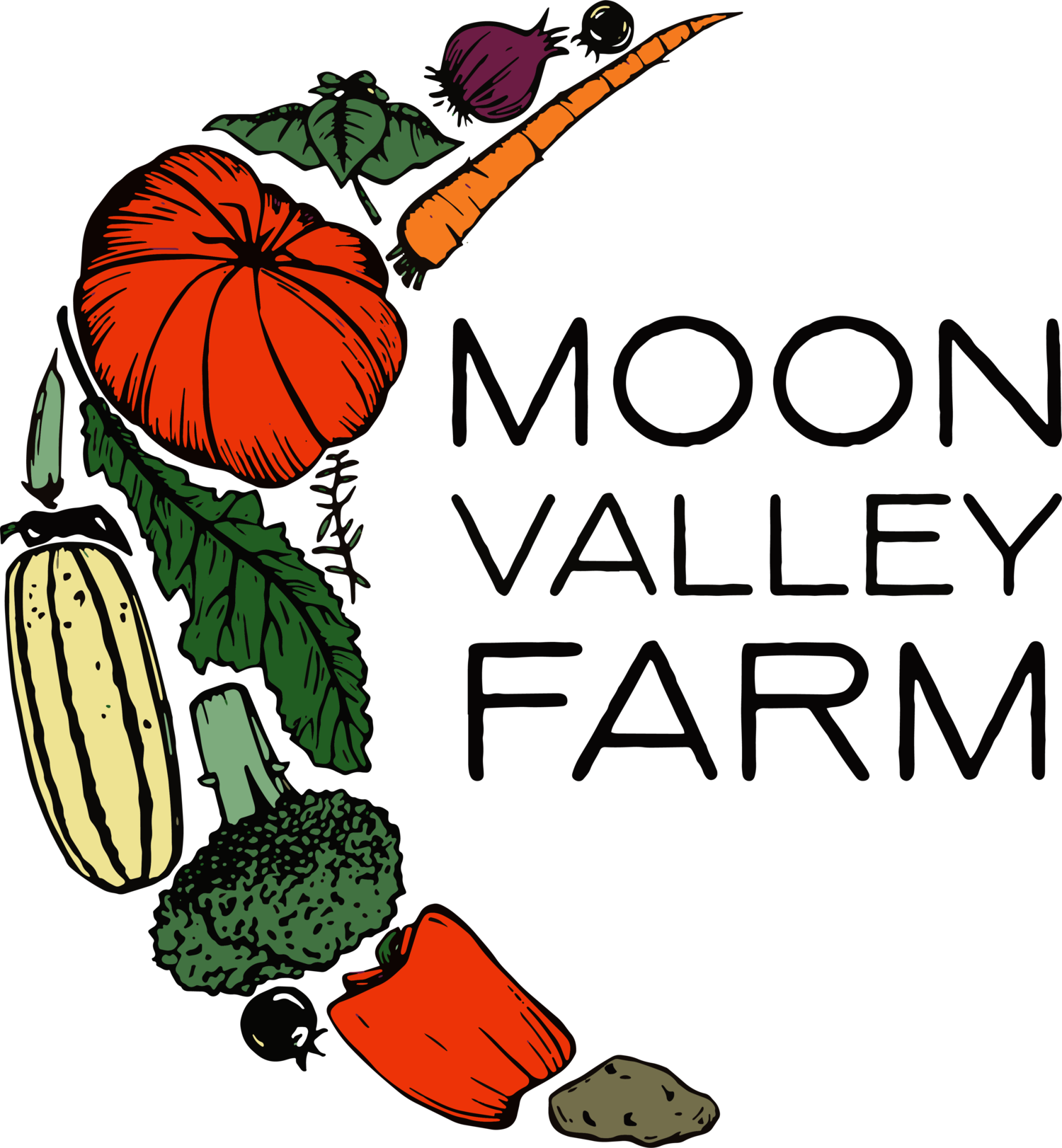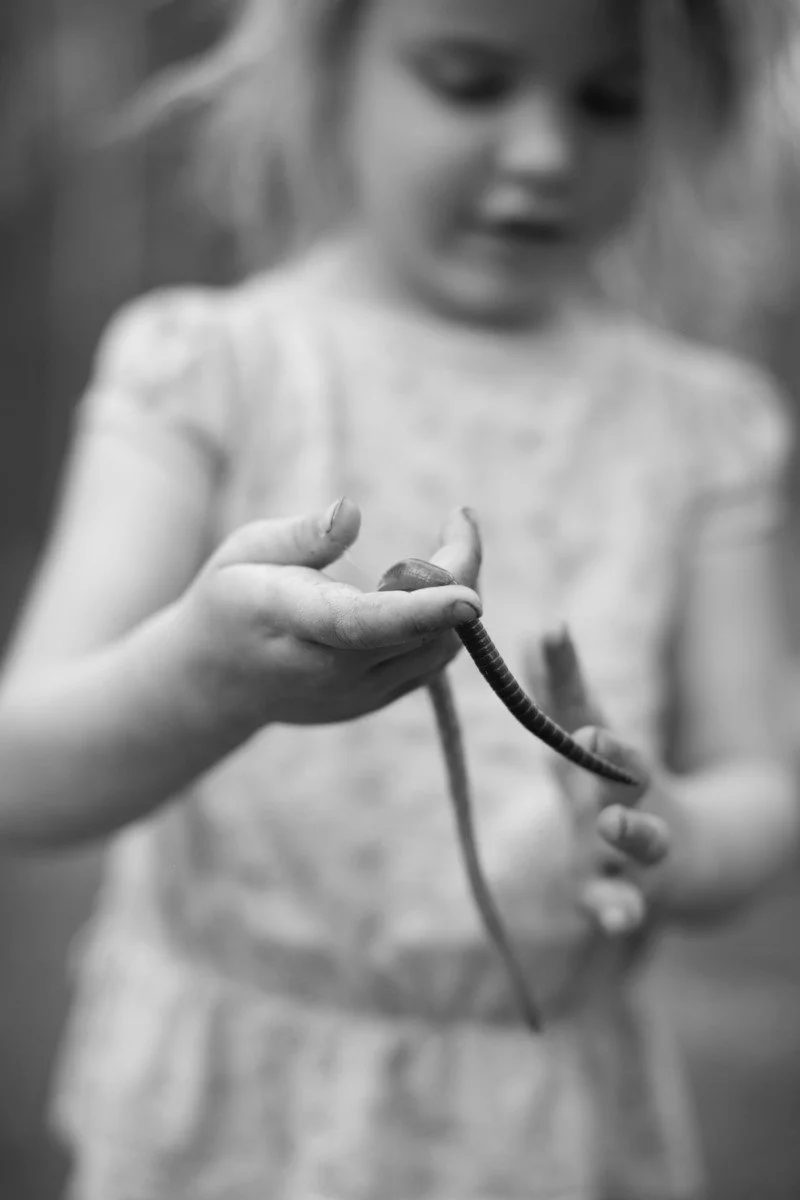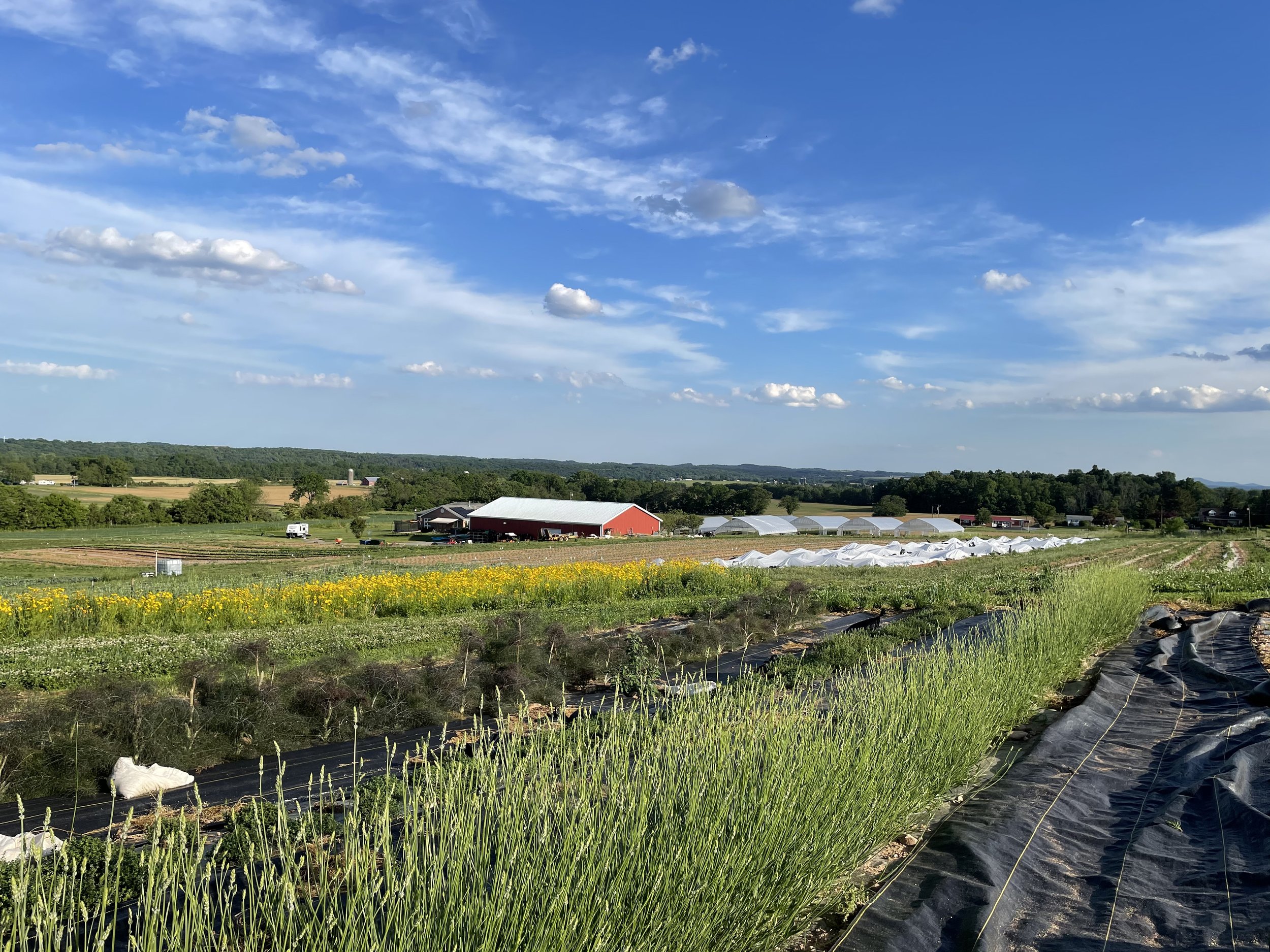
From suburban backyards on a shoestring budget to a 70-acre veggie farm growing food for hundreds of households and restaurants in Maryland, DC + NoVA, this is our story.
-

The who
Moon Valley Farm wouldn’t be what it is without the incredible people that make up our team.
-

The why
The story of how this first-generation farmer got here, 10 years after starting her own suburban backyard farm.
-

The how
We grow organically in order to regenerate the soils, protect your health, and keep the water and air clean.
-
The with
We work with a number of farmers and makers throughout the state to provide our community with a full, local diet.
We have partnered with farmers we know and trust in our region to widen our offerings to the best bounty this region can produce. We offer gourmet mushrooms from Sundreams Farm, organic eggs from Nick’s Organic Farm, fruit from 78 Acres, veggies from Sassafras Creek Farm, grains from Next Step Produce, beans and oats from Purple Mountain Farm, organic sourdough from Twin Bears Bakery, all local and raw honey from Chesapeake Queen Co and more. All local and all from trusted farmers who steward the land responsibly.
We farm because we want to be a part of building a new and better food system, one that heals the land we steward, that stores carbon in the soil and filters toxic runoff before it floods our waterways; one that supports the health of the community who lives in this region and that creates meaningful livelihoods for the people who work here. We believe the current conventional food system is killing the environment, contributing to climate change, eroding the health of the people it feeds and destroying the lives of those integral to sustaining it. Action needs to be taken now to mitigate the devastating effects of climate change on our planet and to ensure that humanity has food security. We are young, first-generation farmers taking on this responsibility and we’d love for you to be a part of this food revolution with us.
Moon Valley Farm grows specialty and staple vegetables and herbs on 70 acres in Woodsboro, Maryland for a year-round Community-Supported Agriculture (CSA) program and for restaurants in DC, Maryland, and NoVA. We also grow seedlings for gardeners in the spring, and serve our county school system with our hyper-local produce!
We farm year-round because humans need to eat and work all year long. We knew we couldn’t create meaningful change without the support of our community or relationships with other farmers – and as it turns out, farming alongside and for our community is an extremely rewarding thing to have dedicated our lives to.
We would love to be your farmers. Check Us Out!
Did you know?
Farmer Emma’s dad wrote stories about her and her siblings when they were very young. The stories took place in a land called Moon Valley, and everyone who lived in Moon Valley had a special talent or gift. Emma’s gift was the ability to communicate with plants and animals, and she was called The Plant and Animal Girl. Though at the time of writing Emma was only 3 years old, her affinity for plants and animals was clear at a very young age and has only deepened over the years.
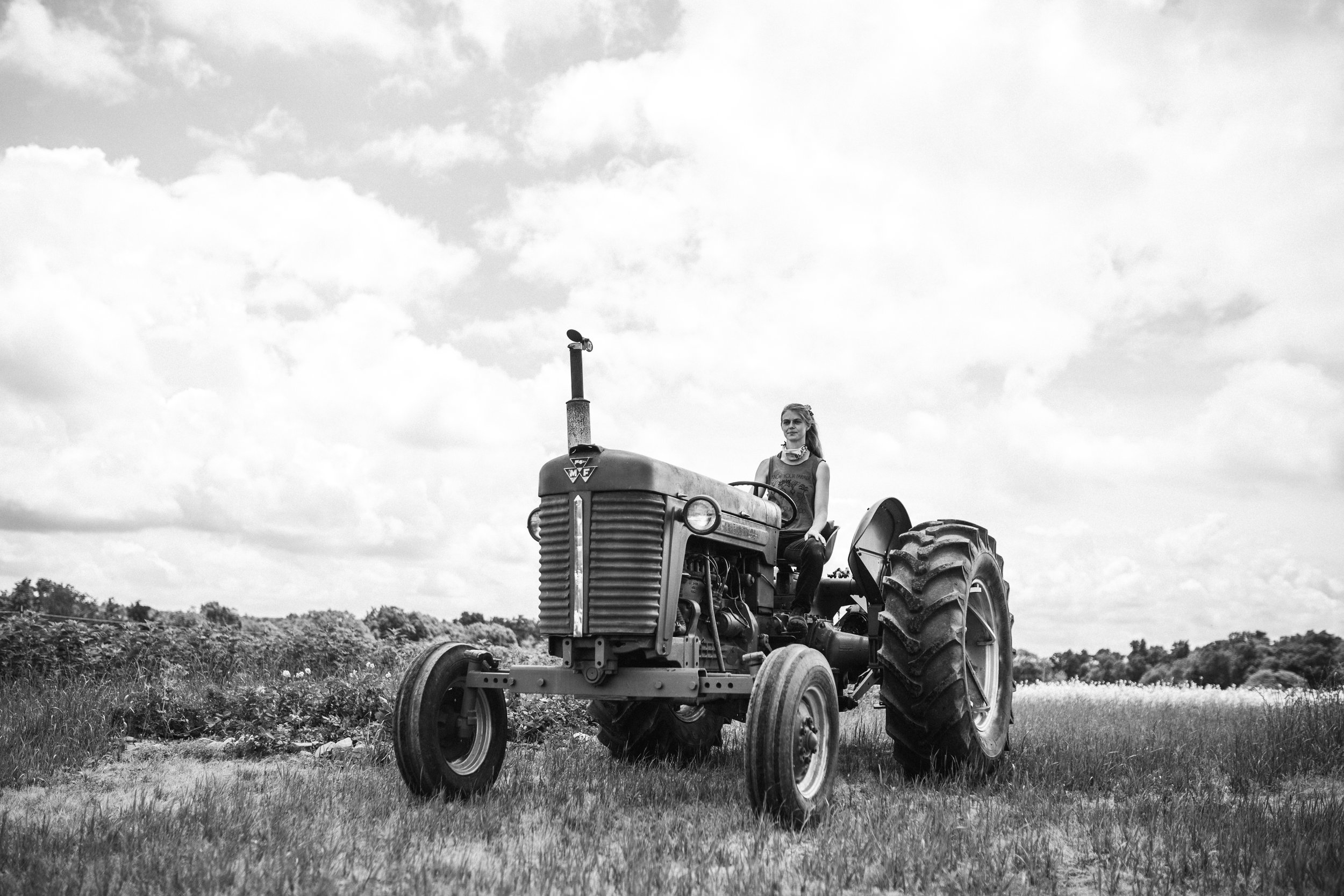
No money, no experience, two tiny kids, a slice of borrowed land and a vision
By Emma Jagoz, founder of Moon Valley Farm
I never considered farming as a career before I became a farmer.
In college at the University of Maryland, I was a passionate social justice activist, pursuing a degree in American Studies and Women’s Studies while working on human rights campaigns for sweatshop justice, global fair trade, and anti-genocide in Darfur. I thought I might want to dedicate my career to one of these causes.
But the deeper I got into activism - especially causes on the global level - the more I realized that we have a plethora of issues right here at home to work on. So many of us activists spent so much time and effort trying to learn about and fix issues in other cities and countries when I felt we had the most leverage to transform and make a difference by focusing on issues within our own communities. In 2008, I co-led the local Alternative Spring Break trip to dive deeper into social and environmental issues in Maryland and the Chesapeake Bay region, which sparked a passion in me to work locally to save the Bay. I graduated in 2008 looking to dedicate my life to making a difference in this world.
And then I got married - and pregnant.
I wanted to be as healthy as I possibly could be during my pregnancy for my baby and for my own body, so I did a lot of reading on pregnancy and nutrition. I read somewhere that arugula, the peppery salad green - was great for baby brain development. I immediately bought loads of arugula but after talking with a gardening friend, got the idea to grow it instead to save some money. I built a salad table on my apartment balcony, got seeds, and started growing my own arugula.
Throughout my pregnancy and transition to parenthood, two themes came up for me that I hadn’t anticipated: one is that I felt compelled to truly align my life with my values to be a model of how to be an upstanding person in a challenging, imperfect world. The second is that I decided I wanted to raise my kids - my second came 16 months after the first - myself. I searched for ways to fill our days with purpose and meaning as we grew together.
Growing my own arugula was SO deeply satisfying to me that I started growing more and more vegetables - tomatoes, peppers, herbs - and I expanded from my apartment balcony to an in-ground garden in my parents backyard. As the garden bounties came in, I found myself sharing the excess with friends and neighbors.
And that’s when it hit me: I could start a farm.
Farming would allow me to raise my kids primarily outside - something I feel is important to a healthy childhood - and to teach them where their food comes from. Farming would let me work from home and come in when the kids needed a nap or a meal. Farming would allow me to live out my values: demonstrating hard work, prioritizing family, eating healthy food + exercising, sharing with community, being scrappy & resourceful.
Farming organically and regeneratively and stewarding the land responsibly has the power to make a real difference in the health of our waterways and to improve the Chesapeake Bay. And focusing on feeding my community healthy food locally will dramatically decrease the carbon emissions we’re all relying on when we buy and eat food shipped in from California, Mexico + South America- decreasing our global impact. Farming can also be community-building and community is definitely something I needed to raise my kids and that we all need in order to create real change in this world.
Moon Valley Farm is my journey to transform my desire to work toward global social justice to local action. I believe that by transforming our every day actions - like changing what we eat to local and direct - we can ignite global change.
I started Moon Valley Farm in 2012 with no money, no experience, two tiny kids, a slice of borrowed land and a vision to raise my kids and unite my community - with vegetables.
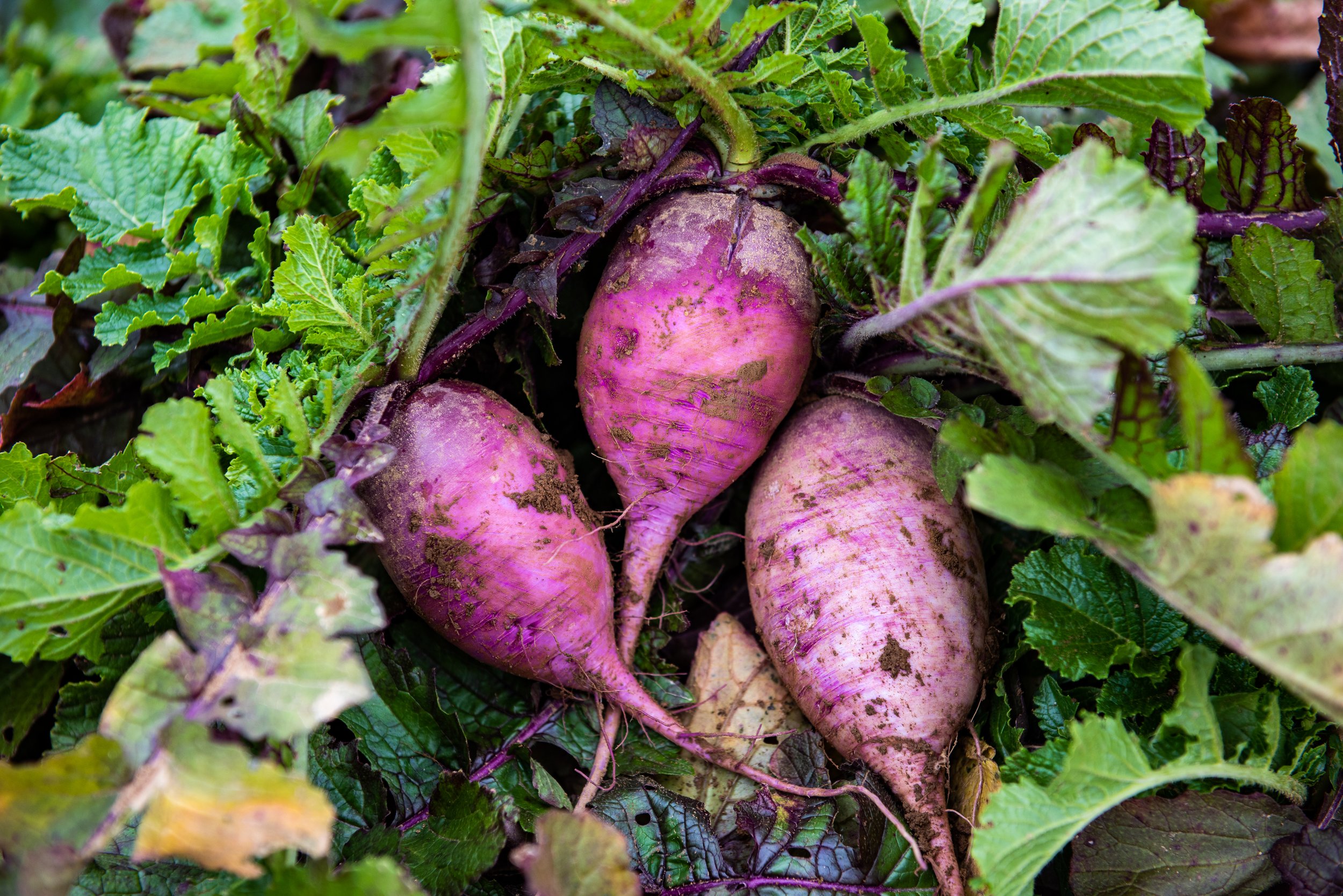
“I am so very thrilled to have found this incredible woman-run CSA (Community Sponsored Agriculture) just down the road from my parents, which includes add-ons like mushrooms, grains, honey, and fruit. Local farmers are banding together in support of each other and our communities. Find out who is growing food in your community! As industrial food supply chains crumble, THESE are the folks who will be feeding us.”
Caroline Elizabeth R., CSA member
